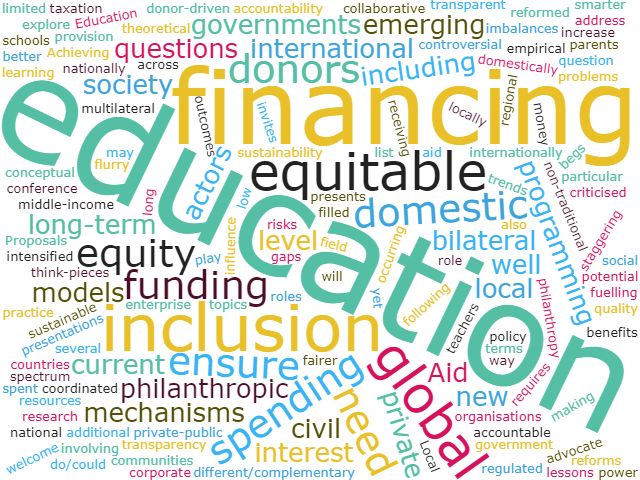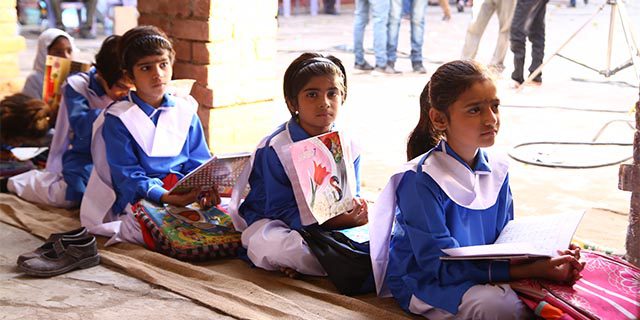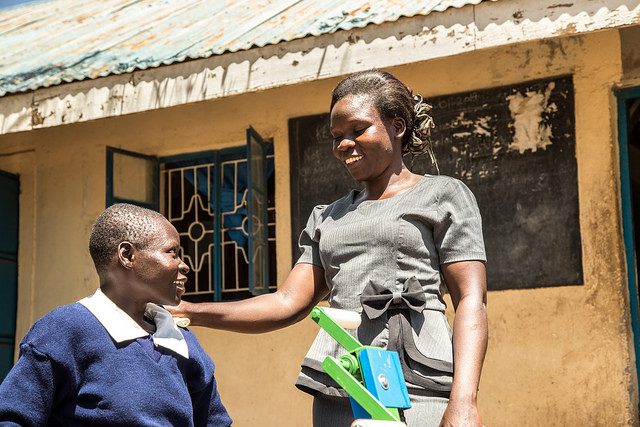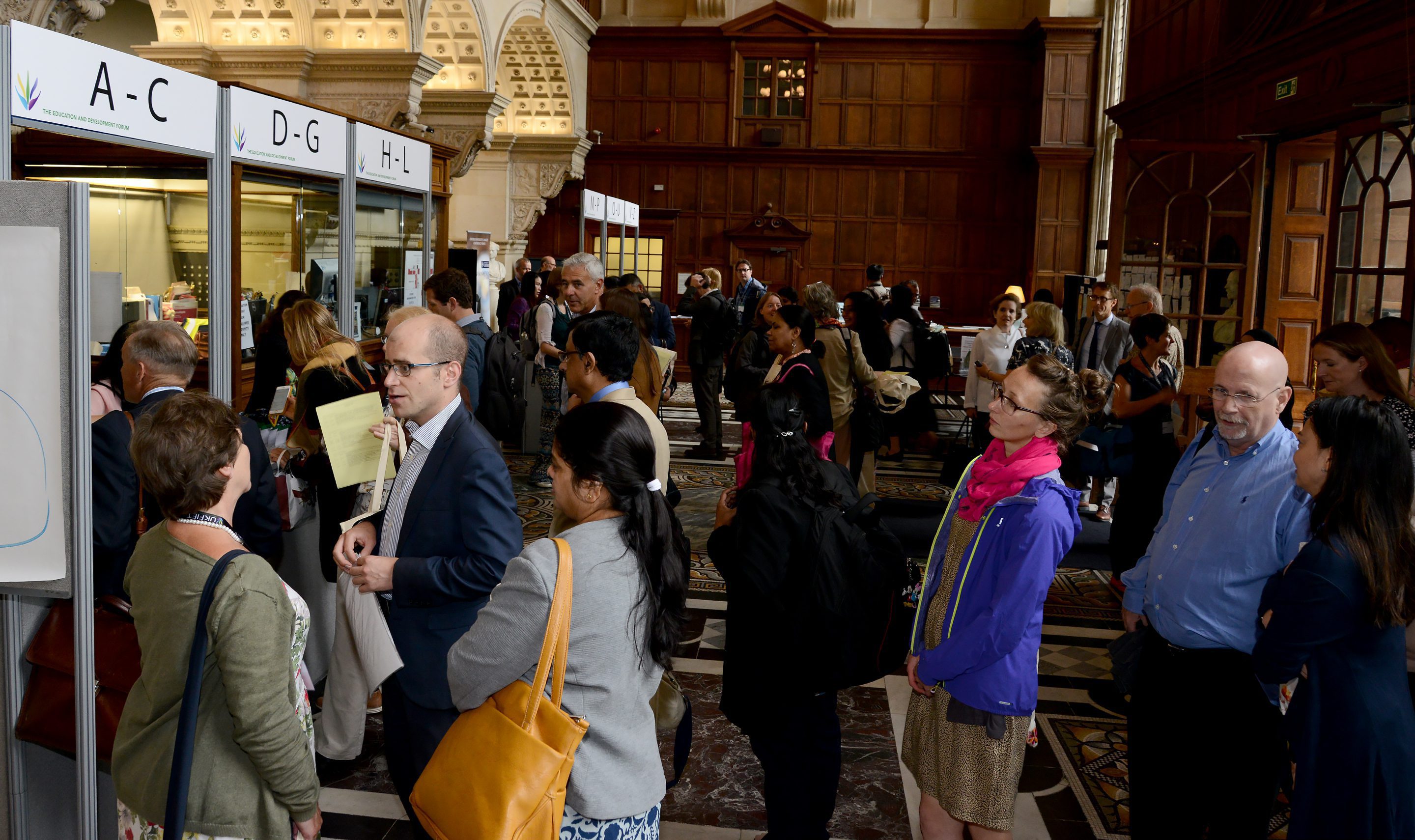The UKFIET 2019 conference had 6 themes relating to Inclusive Education Systems. The convenors for the theme ‘Education Financing for Global Equity and Inclusion’ were Bronwen Magrath, Programme Officer for the International Education Funders Group, and Moses Oketch, Professor of International Education Policy and Development at the University College London (UCL) Institute of Education.
The theme on financing for inclusive education at the 2019 UKFIET conference drew together a rich set of research presentations and symposia. Despite the diversity of topics and approaches, all of the presentations spoke to the idea that, while of course there is a need for more funding for education systems around the world, the real question is how to ensure this funding is more effective and more responsive to the needs of governments, communities and learners.
Perhaps not surprisingly, a lot of attention was paid to the role of international financing to support education systems in low- and middle-income countries. Important concerns were raised about the effectiveness of education aid: several presentations looked at this history and current trends in education aid and highlighted that, while much has been done to expand access to education, there is little indication that aid has helped improve learning for children and youth. Others looked towards the future of aid and argued that the era of effective, aligned aid focused on a liberal humanitarian world order is a thing of the past. Increasing isolationism, unilateralism and the rise of non-traditional donors is challenging our concept of international aid.
At the same time, there is a recognition that education aid is very small, both in relation to GDP of donor countries and in terms of contribution to domestic education budgets. It is the governments of low- and middle- income countries that are responsible for funding their countries’ education systems. How can the international community support governments to adequately mobilise the funding required to provide quality education for all? What is our role in ensuring that the most marginalised learners benefit from the expansion of education access? One set of presentations argued that international donors should focus on improving national and international tax systems to ensure that domestic governments are able to raise the funds they need to build strong and effective education systems.
Several presentations explored education financing at sub-national and even school levels. These were important inputs given that decentralisation is an increasingly common political arrangement. We learned more about how families and communities finance education – even under supposedly free and universal systems – through fees, extra tuition, uniforms and other supplies, and how these hidden sources of funding can exacerbate education inequity. We learnt that some countries spend as much as 68 percent of their education budget on the richest 10 percent and only about 32 percent on the poorest 10 percent. We also learned about the role of civil society organisations, parents and community groups in monitoring education spending at school and district levels. This kind of civic engagement has tremendous potential to improve social accountability as well as education spending.
Our financing theme showed the growing interest in private education funding, including the role of foundations and other private donors operating domestically and internationally. One presentation highlighted the real challenges in understanding and mapping private financial flows in education and profiled one effort to improve transparency and reporting mechanisms for private donors. Others looked at the role of private schooling and raised questions about how competition between schools impacts education financing at local and school levels. But despite this interest in the private sector, most agreed that private sources of funding are still comparatively small and are not gap-filling education budgets and systems as much as some assume. The top line conclusion to be drawn from the conference are:
- a lack of clarity on who is accountable for financing inclusive education;
- several actors have different indicators of inclusive education – some of these refer to equality, whereas others focus on equity.




